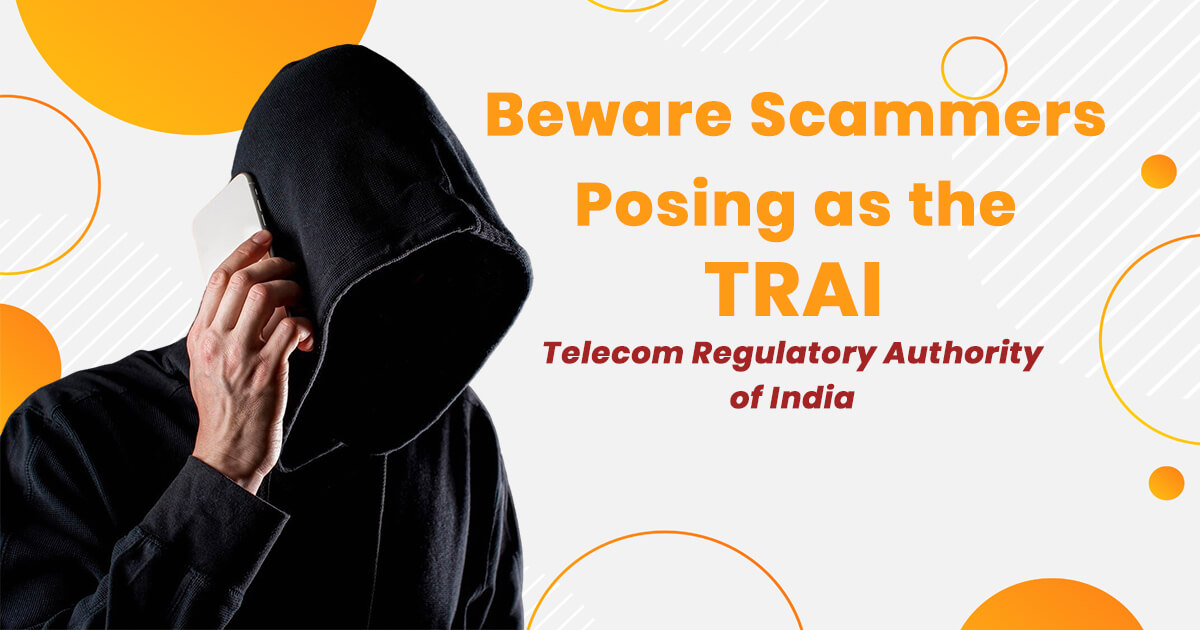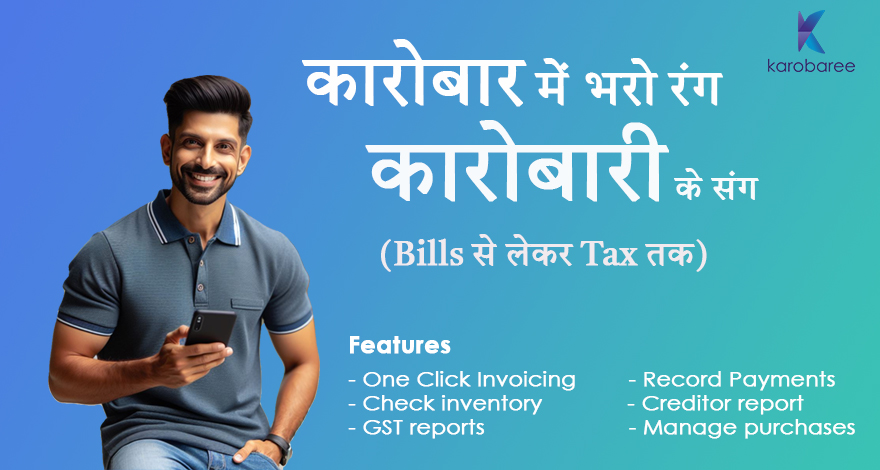Scam calls have become increasingly common, with fraudsters adopting sophisticated techniques to deceive people. Recently, I received a call that was particularly alarming: a pre-recorded message claiming to be from the Telecom Regulatory Authority of India (TRAI). It stated that my mobile number had been involved in unlawful activities and would be deactivated within two hours unless I pressed "1" to speak with a representative.
At Apstia, we believe in empowering individuals and organizations to perform effortlessly, and sharing this experience is part of that mission. Let’s delve into how I identified this scam and offer tips on how you can protect yourself from similar threats.
The Call – A Typical Scam
The call I received went like this:
“This call is from the Telecom Regulatory Authority of India. We observed an unlawful activity from your mobile number. Your number will be deactivated within 2 hours. Press 1 to speak to a TRAI representative to resolve this and avoid deactivation of your mobile number.”
Sounds scary, right? Especially when you're told your mobile number will be deactivated within hours. Fortunately, I recognized this as a scam and didn’t fall for it. Let me share how I identified this call as fraudulent.
Red Flags That Gave It Away
Here are the specific reasons I knew this was a scam:
TRAI Doesn't Call Individuals Directly
The Telecom Regulatory Authority of India is a regulatory body. It doesn’t have direct communication with consumers in situations like this. They oversee telecom operators, and any legal action or issue with a mobile number would be communicated through your service provider, not TRAI.
TRAI Does Not Deactivate Numbers Directly
TRAI’s role is to regulate the telecommunications sector, not manage individual mobile numbers. If your number were involved in unlawful activity, TRAI would notify law enforcement, who would then proceed according to the law. They wouldn’t call and ask for immediate action over the phone.
Immediate Action Requests are Suspicious
Scammers often create a sense of urgency to pressure you into making hasty decisions. In my case, they claimed my number would be deactivated within two hours unless I took immediate action by pressing "1." Legitimate agencies will usually provide ample notice and formal communication (often via mail or email), and they certainly wouldn’t demand instant decisions over the phone.
Communication Should Come from My Service Provider
If there were any issues with my mobile service, I’d expect to hear from my phone service provider first, not from TRAI. In legitimate cases, your telecom provider would likely contact you through official channels to resolve any issue.
Unprofessional Communication Style
The automated message lacked the professionalism you’d expect from an official government agency. The voice, tone, and overall quality felt off compared to official government communications I’ve experienced before.
Additional Signs It’s a Scam
If you ever receive a similar call, here are more ways to identify it as a scam:
- Asking for Personal Information: Scammers may ask for sensitive details like your Aadhaar number, SIM card number, or even payment details. Legitimate agencies will never ask for such information over the phone.
- Suspicious Caller ID: Often, scam calls will come from untraceable or international numbers. Government agencies like TRAI usually have official, traceable numbers.
- No Prior Communication: If this were a real issue, you’d likely have received a prior warning via email, letter, or a notification from your telecom service provider.
- Check Online: If in doubt, do a quick online search. Many scams follow patterns, and there’s a good chance others may have reported the same kind of call.
What to Do If You Get Such a Call
If you receive a call like this, here’s what you should do:
- Don’t Panic: These calls are designed to scare you into acting quickly. Take a moment to breathe and think critically.
- Don’t Press Any Buttons: In my case, they asked me to press “1” to speak to a representative. This is a common tactic to keep you on the phone or redirect you to a scammer.
- Hang Up Immediately: The best course of action is to hang up as soon as you identify suspicious elements in the call.
- Report the Scam: You can report scam calls to your telecom provider or lodge a complaint with India’s Department of Telecommunications (DoT). This helps authorities track and shut down scam operations.
- Block the Number: After hanging up, block the number to avoid future calls from the same scammer.
- Warn Others: Share your experience with friends and family so they don’t fall for similar scams. You could even share it on social media to spread awareness.
Conclusion
Scammers are constantly evolving, but so are the ways to protect yourself from them. Remember, government authorities like TRAI will never demand immediate action over the phone, and any official issue with your mobile service will come through your telecom provider. At Apstia, we encourage everyone to stay vigilant, question any unusual communication, and never hesitate to hang up when something doesn’t feel right. Together, we can perform effortlessly and protect ourselves from fraud.





